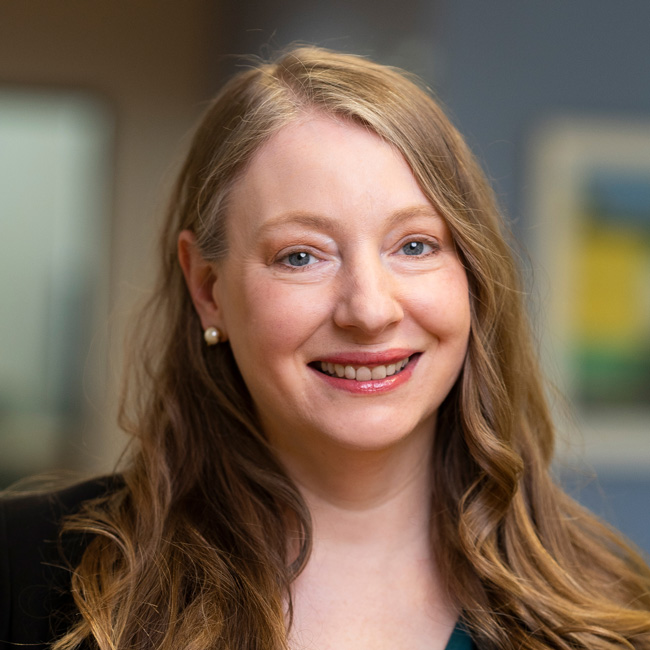Testimony of Gigi Gronvall on AB70 “Gene Synthesis Providers”
Good afternoon, Dr. Pan and Members of the Committee. Thank you addressing biosecurity concerns about gene synthesis with this bill and thank you for the opportunity to be part of this hearing to offer my support.
I am an Associate Professor in the Department of Environmental Health and Engineering at the Johns Hopkins Bloomberg School of Public Health. I am also a Senior Scholar and founding member of the Johns Hopkins Center for Health Security. The mission of our multidisciplinary Center is to protect people’s health from epidemics and disasters and to ensure that communities are resilient to major challenges. My own background is in the biological sciences, in immunology. My work at the Center focuses on the scientific response to health security threats, and how to prevent the misuse of biological sciences. I serve on federal advisory committees for the National Institutes of Health and Department of Defense. The opinions expressed herein are my own and do not necessarily reflect the views of The Johns Hopkins University.
Important for this hearing, I have served as a committee member for the 2018 National Academies of Sciences, Engineering and Medicine report on “Biodefense in an Age of Synthetic Biology,” which concluded that the de novo synthesis (using gene synthesis products and synthetic biology tools) of known pathogens, particularly small viruses, is one of the most pressing biodefense risks we face.
This legislation, if enacted, requires not only that customers use companies that perform biosecurity screening but also that companies offering DNA synthesis services in California perform sequence screening. These restrictions would make it harder for a potential nefarious actor to access genetic material for making pathogenic viruses from synthetic DNA, such as smallpox, Ebola or influenza. Both the ongoing COVID-19 public health emergency and the periodic impacts of Ebola virus on West African nations highlight the potentially devastating effects on individual health and both social and economic well-being that can happen when pathogens like these afflict societies. This bill can help to make the field of synthetic DNA safer and ensure responsible manufacturing processes, without limiting important biological research.
Many commercial gene synthesis companies already voluntarily screen customer orders to make sure that they are both selling to scientists working in regulated research institutions and not selling anything that could be potentially harmful.
Because it costs time and money to perform biosecurity screening, responsible companies that voluntarily take this step have until now been at a competitive business disadvantage. Regulations that standardize such biosecurity screening make it easier for companies to incorporate these methods into their pipeline, helping them to responsibly provide synthetic DNA without putting their company at an economic disadvantage. The California legislation seeks to tackle this by requiring that all DNA synthesis companies undertake sequence screening, thus leveling the playing field and ensuring that only high-quality organizations take part in this emerging biotech field.
It is my hope that California leads the way for the US federal government and other governments to put regulations in place to ensure that DNA sequences of pathogens do not fall into the wrong hands. It is no longer sufficient for voluntary participation in guidance to oversee a matter of national and international biosecurity.
Governments around the world should follow California’s example and consider these common-sense restrictions and minimum screening. Thank you to the Committee for including me in this briefing and thank you for your leadership to guard against biosecurity threats.
Witness or presenter:
Gigi Kwik Gronvall, PhD
Testimony date:
July 7, 2021
Event type:
Testimony before the US Senate
Committee:
California Legislature Senate Committee on Health
See also:
Written testimony as PDF

